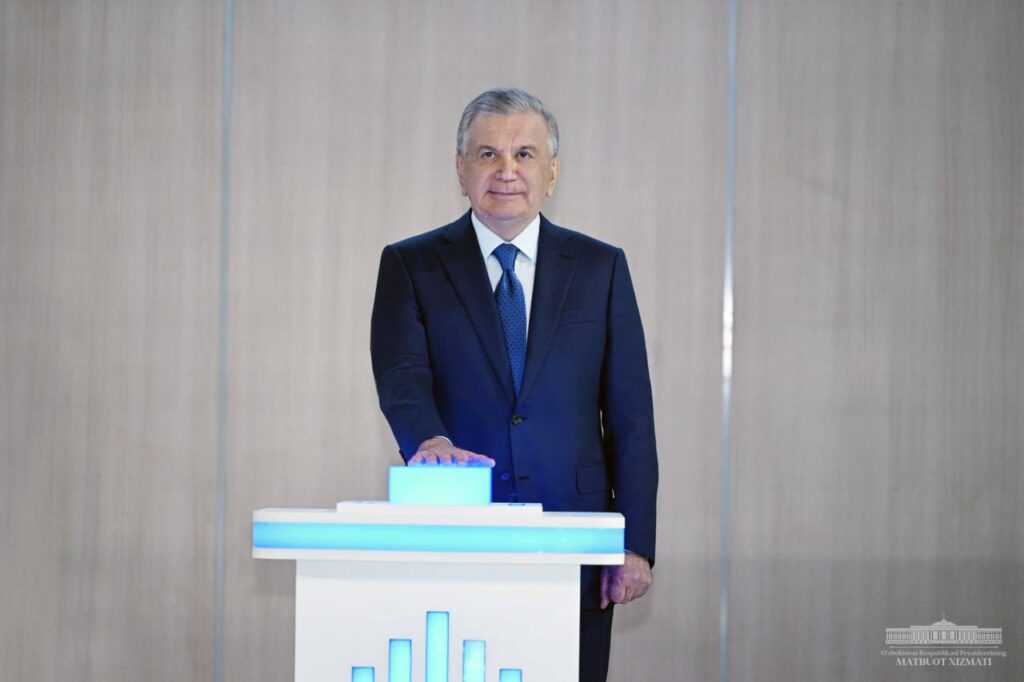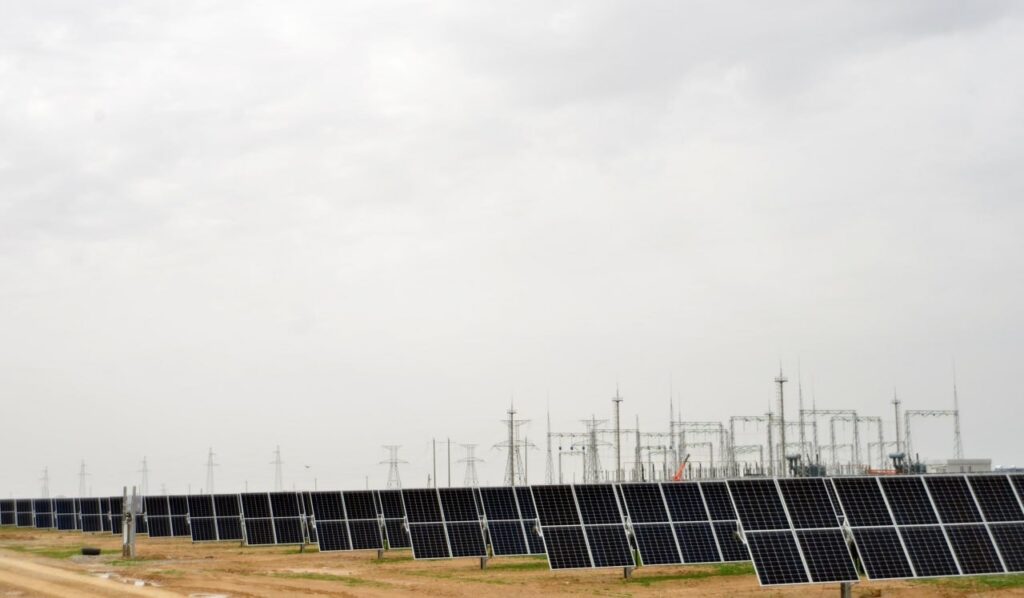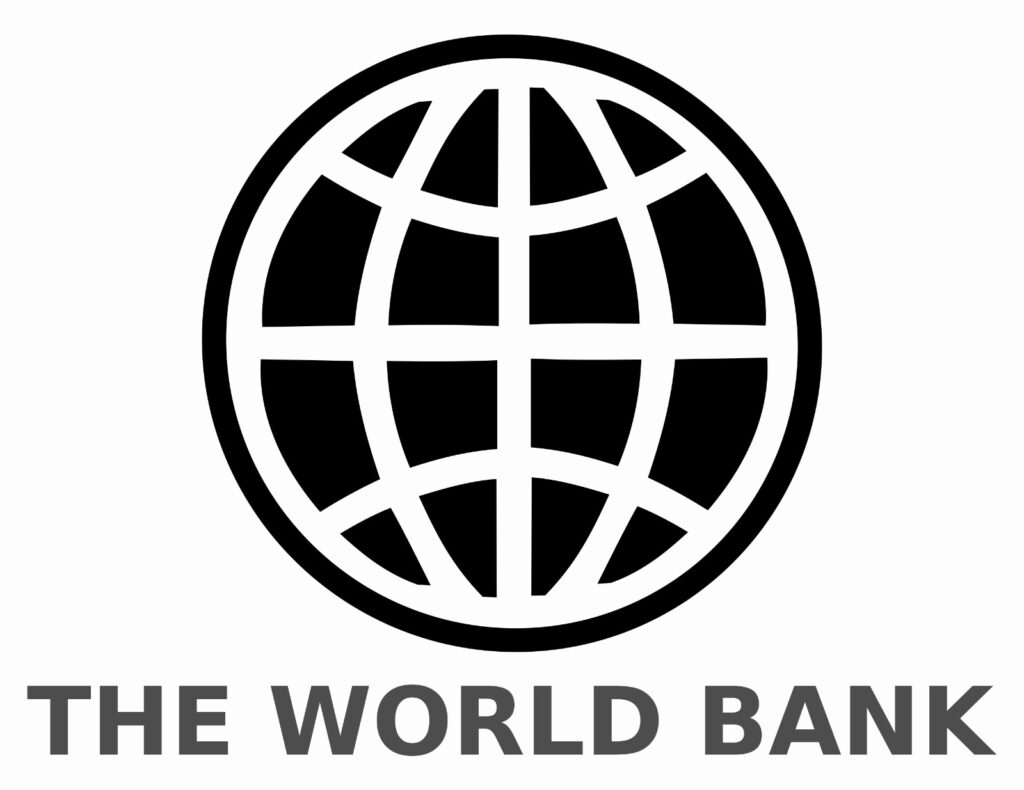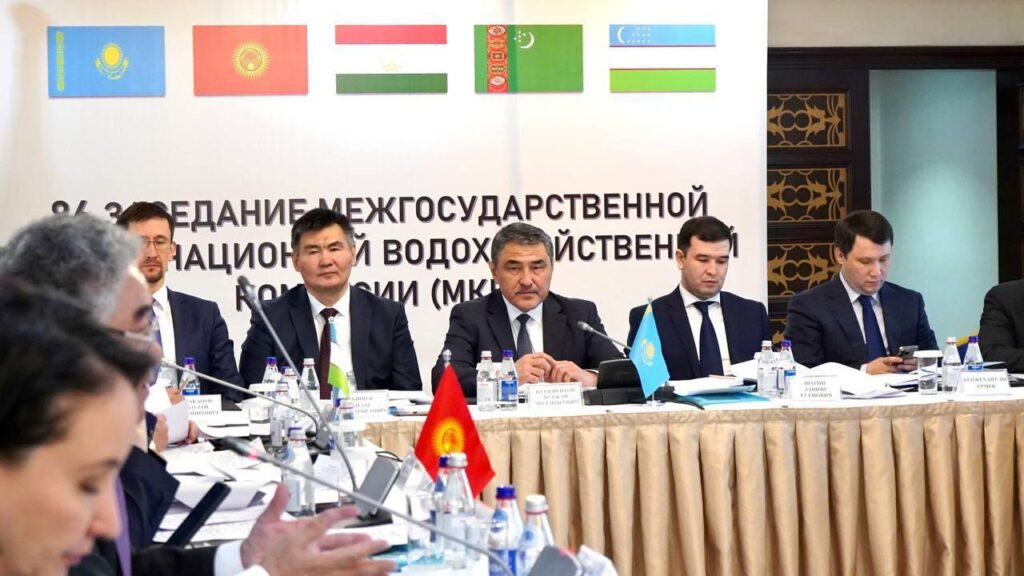Construction of Gas Chemical Complex, Solar Plant and Airport begins in Bukhara
On May 31, construction began on three large facilities in Uzbekistan’s Bukhara region. Officially launched by President Shavkat Mirziyoyev, the ambitious development comprises a gas chemical complex, a solar power plant, and an international airport. The gas chemical complex, to be built in the Karakul free economic zone, is the first plant in the country to employ methanol- to- olefins (MTO) technology. The project aims to attract some $5 billion in investments and advanced technologies from the USA, Germany, Denmark, Austria, Italy, and China. Once completed, the complex will process 1.3 billion cubic meters of natural gas and 430 thousand tons of naphtha per year and manufacture 1.1 million tons of polymer products, in high demand by both domestic and global markets. Two thousand new jobs will be created. The second facility, a 250-megawatt solar power plant to be built by Masdar from the United Arab Emirates, will be connected to the unified energy grid in December 2025. The third initiative is a new international airport which will be much welcomed by the ever-increasing volume of foreign tourists visiting Uzbekistan. In 2023 alone, some 1.4 million tourists flew into Bukhara. Built through private partnership at a cost of $226 million, the airport will have the capacity to process 1.2 thousand passengers per hour. Designed to meet international standards, the airport will both improve the quality of service and help attract more international airlines to Bukhara.






